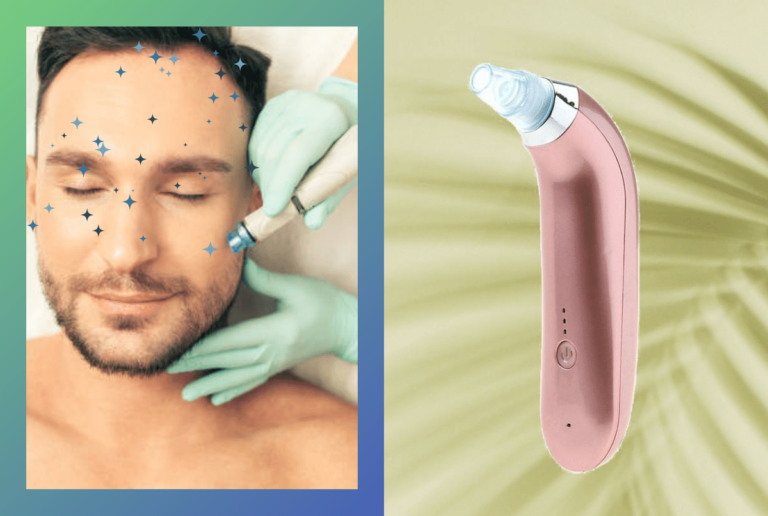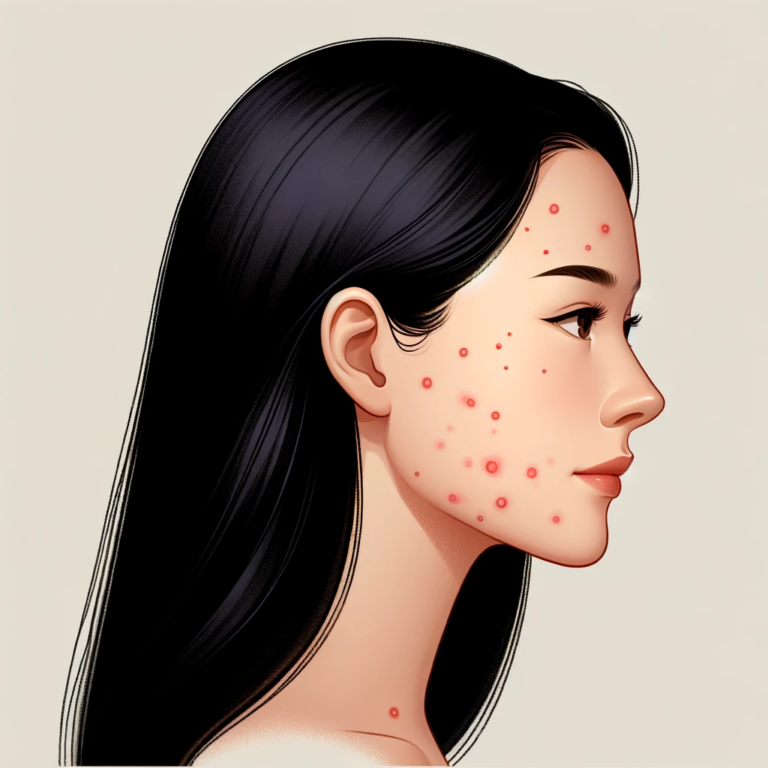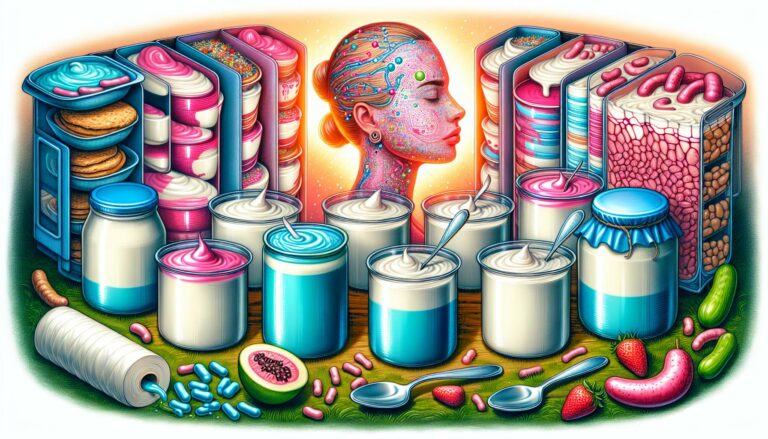Does Quitting Smoking Cause Acne?
Quitting smoking is a monumental decision for your health, but it might bring unexpected guests along the way, like acne. Surprised?
Many are, considering smoking’s notorious effects on skin health. But the link between quitting smoking and acne isn’t as clear-cut as one might think.
Well, we’ll be going over:
- How does smoking affect your skin, and what changes when you quit?
- What are the common causes of acne, and how might quitting smoking fit into the picture?
- Is there really a direct link between quitting smoking and experiencing acne breakouts?
Let’s dive in.

The Effects of Smoking on Skin Health
When you smoke, you’re not just harming your lungs but also taking a toll on your skin health. Smoking accelerates the aging process, leading to premature wrinkles and a dull complexion. This is because the nicotine in cigarettes causes blood vessels to narrow, reducing blood flow to the skin. With less blood flow, your skin doesn’t get as much oxygen and essential nutrients.
Moreover, the chemicals in tobacco smoke damage collagen and elastin, the fibers that give your skin its strength and elasticity. Over time, this can result in sagging skin and deeper wrinkles. Smoking also increases your risk of skin cancer, particularly squamous cell carcinoma.
It’s clear smoking can wreak havoc on your skin’s appearance and health, making quitting essential for those looking to improve their skin’s condition. However, the journey towards better skin doesn’t stop with putting out your last cigarette. It’s crucial to understand the changes your body goes through after quitting smoking, including the potential for temporary acne breakouts.
Acne and Its Causes
Acne is a complex condition that arises from the combination of several factors. Primarily, it’s the result of clogged pores. Your skin’s pores get blocked with oil, dead skin cells, and bacteria, leading to blackheads, whiteheads, and pimples. Hormonal changes can significantly influence your skin’s oil production, making you more prone to acne. This is why acne is common during puberty, but it can affect adults too.
The role of genetics cannot be underestimated; if your parents had acne, you’re more likely to struggle with it as well. Moreover, lifestyle choices and certain medications may worsen the condition. Stress doesn’t directly cause acne, but it can exacerbate existing conditions by increasing oil production in your skin.
Diet is another controversial topic in the world of acne. While no food causes acne outright, certain foods might trigger breakouts in sensitive individuals. High glycemic foods and dairy are often discussed in this context.
The Relationship Between Smoking and Acne
Exploring the complex relationship between smoking and acne reveals some surprising insights. While smoking’s adverse effects on skin health are well-documented, its direct connection with acne is nuanced. Smoking can indirectly influence acne through the disruption of hormonal balances and impairment of the body’s ability to heal. However, smoking itself is not a direct cause of acne.
When you quit smoking, your body undergoes significant changes. The increase in blood flow and oxygenation to the skin is a positive shift, promoting healthier skin regeneration. Nonetheless, this period of adjustment may also stimulate your skin’s sebaceous glands, potentially leading to temporary acne flare-ups. It’s crucial to understand that these breakouts are a sign of your body cleansing itself from toxins.
Maintaining a balanced diet, staying hydrated, and following a consistent skincare routine can help manage these temporary acne breakouts after quitting smoking.
The Impact of Quitting Smoking on Skin
When you quit smoking, your body begins a process of repair, especially your skin. Quitting smoking leads to enhanced blood circulation, which means your skin starts receiving more oxygen and nutrients. This is crucial for promoting skin health and regeneration. Initially, this sudden shift may result in a temporary increase in acne as your skin adapts to the new, healthier conditions.
It’s also worth noting that the improvement in blood flow helps in flushing out toxins that have accumulated over time from smoking. This detoxification process is beneficial in the long run but can lead to temporary skin issues, including acne breakouts, as your skin purges these toxins.
Furthermore, the hormonal changes that occur after quitting smoking can also play a role in the state of your skin. Nicotine affects the hormonal balance in your body, and when you stop smoking, these levels begin to normalize, which might temporarily influence acne production.
Maintaining a balanced diet and staying hydrated can significantly assist in managing these changes, as well as adopting a consistent skincare regimen tailored to your skin’s needs during this transition period.
Does Quitting Smoking Cause Acne?
You might’ve heard the rumor that quitting smoking directly causes acne, but let’s set the record straight. Quitting smoking does not cause acne. What you’re likely experiencing is your body’s natural response to cutting out toxins. When you quit smoking, your body begins to detoxify, leading to increased blood circulation and oxygenation of your skin. This sudden change can make your skin temporarily more prone to acne.
One key factor in this myth is the hormonal imbalance that can occur when you quit smoking. Nicotine withdrawal might stress your body, which in turn can cause a slight imbalance in your hormones. Since hormones play a significant role in acne development, this imbalance can lead to a temporary increase in breakouts.
It’s critical to understand that these breakouts are temporary. As your body adapts to a healthier state without nicotine, you’ll begin to notice significant improvements in your skin’s health. Stick to your skincare routine, maintain a balanced diet, and stay hydrated to help ease this transition period.
Conclusion
Quitting smoking is a monumental step toward better health, including skin health. While you might face temporary acne flare-ups, it’s important to remember that these are not a direct result of quitting but rather a sign of your body healing and detoxifying.
Embrace this transition period by focusing on a balanced diet, adequate hydration, and a consistent skincare routine. Your skin will thank you in the long run with a clearer, more radiant complexion. Remember, the journey to healthier skin is a marathon, not a sprint, and quitting smoking is a crucial part of that journey.
Stay patient and committed, and you’ll see the benefits unfold.






